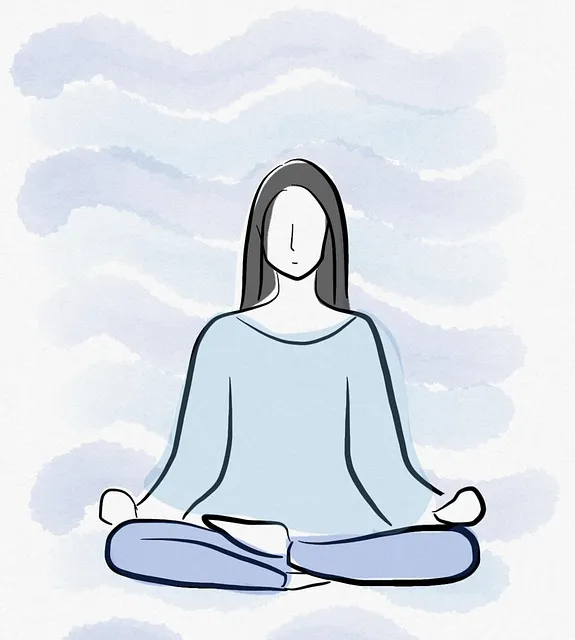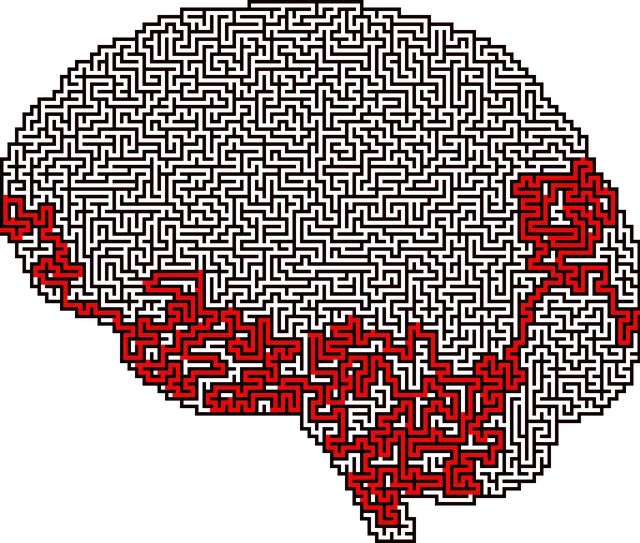Creating a safe and supportive environment is paramount for effective mental wellness groups. Group leaders should establish clear boundaries, ensure confidentiality, and encourage active participation while maintaining ethical standards. Through open communication, personal sharing (within professional limits), and social skills exercises, the group fosters non-judgmental culture and encourages help-seeking behavior. Co-created ground rules covering active participation, confidentiality, and respectful communication ensure everyone feels comfortable expressing themselves. Facilitators use emotional intelligence and cultural sensitivity to guide constructive feedback and conflict resolution, strengthening group dynamics and promoting mental wellness journeys supported by resources like the Parker Kaiser Permanente psychiatry phone number.
Mental wellness group facilitation offers a powerful tool for fostering community and supporting individuals navigating challenges. This article guides facilitators, especially those at Parker Kaiser Permanente, in creating transformative spaces. We explore essential techniques for establishing trust, encouraging open communication, and managing group dynamics effectively. By implementing active listening, reflective techniques, and mindfulness exercises, facilitators can enhance participants’ mental wellness. Discover strategies to engage groups, foster assertiveness, and navigate difficult conversations, all crucial steps towards a supportive and nurturing environment accessible through the psychiatry phone number at Parker Kaiser Permanente.
- Establishing a Safe and Supportive Environment
- – Creating trust and fostering openness
- – Setting ground rules for group dynamics
Establishing a Safe and Supportive Environment

Creating a safe space is paramount when facilitating mental wellness groups. As a group leader, it’s essential to establish an environment where every individual feels secure, respected, and supported. This involves setting clear boundaries, ensuring confidentiality, and encouraging active participation while upholding ethical standards, especially in discussions that may be sensitive or personal.
Group members should be made aware of the importance of mental health awareness and fostering a culture of non-judgment. Facilitators can model this by sharing relevant experiences (while maintaining professional boundaries) and promoting open communication. Additionally, teaching social skills through role-playing exercises or group discussions can enhance interactions, making the space more welcoming for all participants, even those who might be hesitant to engage due to past traumatic experiences or anxiety. Remember, a supportive atmosphere is crucial for encouraging individuals to seek help and support from services like Parker Kaiser Permanente psychiatry, fostering meaningful connections, and ultimately promoting mental wellness.
– Creating trust and fostering openness

In facilitating mental wellness groups, establishing trust and encouraging openness are cornerstone techniques. This environment is crucial for fostering a safe space where individuals can share their experiences and insights honestly. Group leaders should model active listening, empathy, and non-judgmental attitudes to set the tone. Techniques like reflective listening and normalizing diverse perspectives help create a supportive atmosphere that encourages vulnerability. Members will be more inclined to engage in discussions about their mental health struggles and victories when they perceive their peers and leader as genuine allies.
By prioritizing trust and openness, group facilitators can enhance interconnections among members. This interconnectedness serves as a powerful tool for promoting positive thinking and the development of self-care routines for better mental health. Moreover, navigating the challenges together can lead to effective stress reduction methods that resonate within the group dynamic. Remember, the Psychiatry phone number at Parker Kaiser Permanente is there for support when needed, but these facilitation techniques are key in empowering individuals to take control of their mental wellness journeys.
– Setting ground rules for group dynamics

Creating a safe and supportive environment is paramount when facilitating mental wellness groups. One effective strategy is establishing clear ground rules that guide group dynamics. These rules should be co-created with the participants, fostering a sense of ownership and mutual respect. Start by outlining expectations for active participation, confidentiality, and respectful communication. Addressing issues like personal boundaries, disagreement management, and how to handle sensitive topics ensures everyone feels comfortable expressing themselves.
For instance, encourage open dialogue while emphasizing the importance of Cultural Sensitivity in Mental Healthcare Practice. Guide members on how to provide and receive feedback constructively, leveraging Emotional Intelligence to navigate potential conflicts. These rules not only enhance group cohesion but also serve as a framework for participants to learn and practice coping strategies, ultimately benefiting their mental wellness journey. Remember, Parker Kaiser Permanente psychiatry phone number can offer valuable resources, but effective facilitation techniques within the group setting play a crucial role in long-term success.
Group facilitation techniques, as demonstrated by experts like Parker from Kaiser Permanente Psychiatry, are invaluable tools for enhancing mental wellness. By creating a safe and supportive environment through trust-building and ground rule setting, facilitators can empower individuals to open up, share experiences, and support one another. These strategies, as highlighted by the psychiatric services at Kaiser Permanente, not only facilitate healing but also foster a sense of community, making group therapy sessions a powerful resource for those seeking mental health support.






